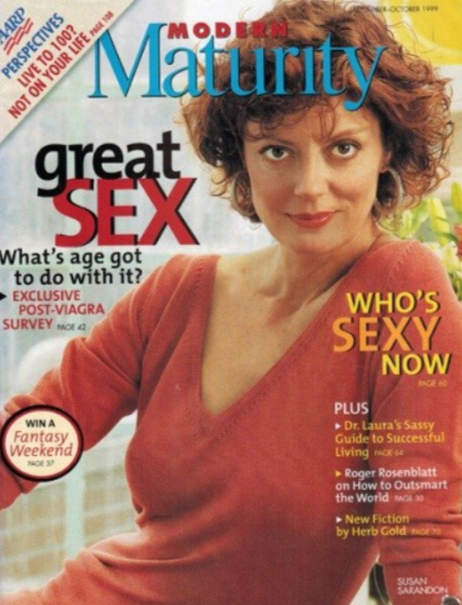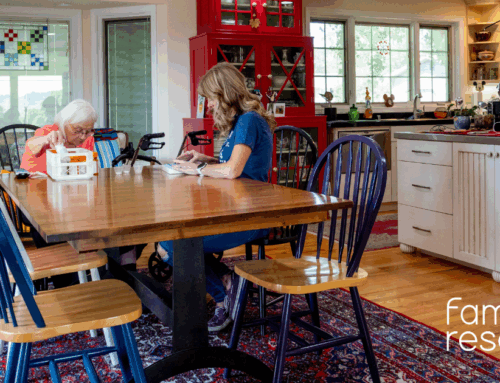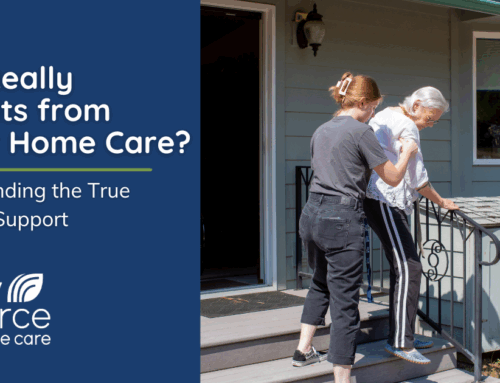Professionals usually enter the wide-ranging field of aging because, at some level, they hope to do well for older and often vulnerable adults. In the last 18 years, I have never met (well, rarely met) an individual who decided to become a social worker, medical/ home care professional, care manager, researcher, or anyone working with the elderly population who didn’t have an affinity for older adults. Few people go into this field just for the money.
Part of that dedication to serving the aging population, in whatever capacity, is being an advocate for those who are aging. To me, that means speaking the truth about what the experience of aging is and what it isn’t for most people.
Tell that to the AARP.
In 1999, the name of the AARP monthly magazine was still “Modern Maturity.” The cover of the September/October issue so struck me, I kept it:
Really? Susan Sarandon at age 52 is our aging woman of the month? I understand from AARP’s point of view that the topic in question will probably sell more magazines, but for the vast majority of elderly people receiving the magazine in the mail, what’s the larger message?
I think it’s the same message that traditional women’s (and men’s) magazines use. Basically, you’re not OK the way you are. You should look younger and sexier and have an incredibly active and exciting life to boot. To further push the message, an ad inside for AARP insurance features an “elderly” couple, maybe in their 60s, in the mountains with backpacks. They could have been on bicycles.
15 years later and she hasn’t changed. Doesn’t matter; it’s all fantasy plus plastic surgery and/or Photoshop.
We all know incredibly good-looking, healthy and active people in their 70s, 80s, and even 90s. But the fantasy is not the norm. For someone like me who works with a vulnerable elderly population, the AARP image of aging is no one I know. I understand that a cover photo of a person with an oxygen tube sitting in a wheelchair, or walking stooped over with a 4-point cane isn’t going to sell magazines or insurance. I would hope however that AARP advocate not only for Social Security and Medicare benefits, but for the dignity of aging with all the physical changes that accompany it for most people.






